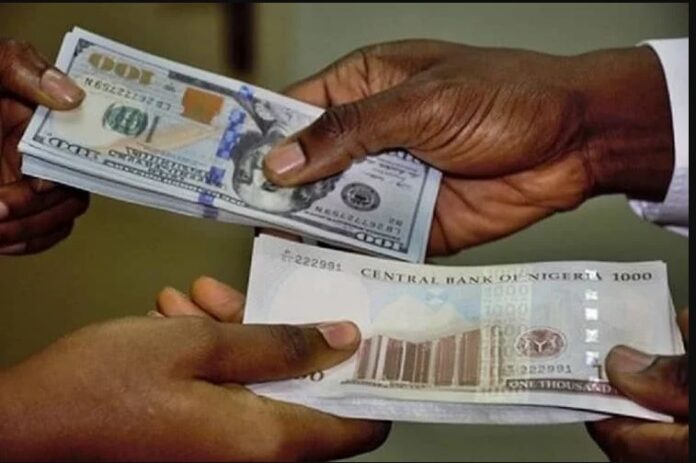The Naira has not gained strength despite foreign reserve rising to $40 billion, the first time in 33 months.
At the parallel market, the naira traded at N1, 740 per dollar. The N1,740/$ quoted on Monday represented an N8 loss from N1,732/$ seen the previous day.
The local currency also maintained losses at the official market, closing at N1, 681.42 per dollar, representing a marginal loss of 0.2 percent or N2.55, compared to N1,678.87/$ quoted on Friday.
Nigeria’s external reserves rose to $40.08 billion as of November 7, 2024, according to data from the Central Bank of Nigeria (CBN).
This represented a 21.4 percent year-to-date increase from $33.02 billion recorded at the beginning of the year.
Data from the FMDQ Securities Exchange Limited showed that the FX market turnover recorded an all-time high of $1.4 billion in transactions on Friday compared to $244.96 million on Thursday.
The naira fell to N1678.87 per dollar on Friday, losing 2.3 percent or N39.37 from N1639.50 quoted on Thursday at the Nigerian Autonomous Foreign Exchange Market (NAFEM), data from the FMDQ Securities Exchange Limited showed.
Businessday quoted analysts at Afrinvest Securities Limited saying, “We expect the Naira to trade within a similar band, though recent rate cuts in major economies have strengthened the case for carry-trade opportunities in emerging markets and developing economies (EMDEs), especially those with relatively stable exchange rates,”
A recent report by FBNQuest indicated that Nigeria’s external reserves had been boosted by increased foreign capital inflows, which were largely driven by favourable carry trade opportunities arising from the CBN’s stringent monetary policy.
“The CBN’s approach has created a unique appeal for foreign investors, who are finding Nigeria an attractive environment for due to its high interest rates,” an analyst at FBNQuest commented.














